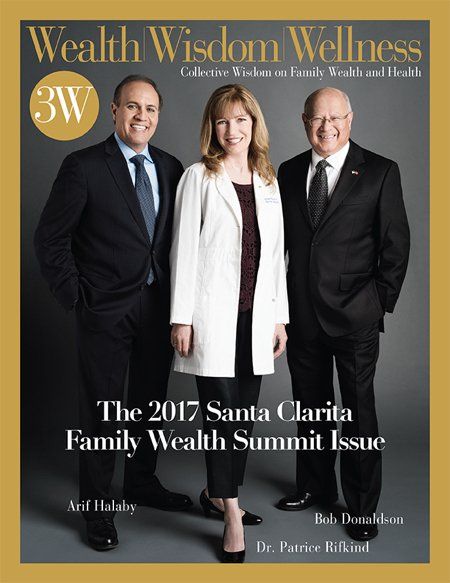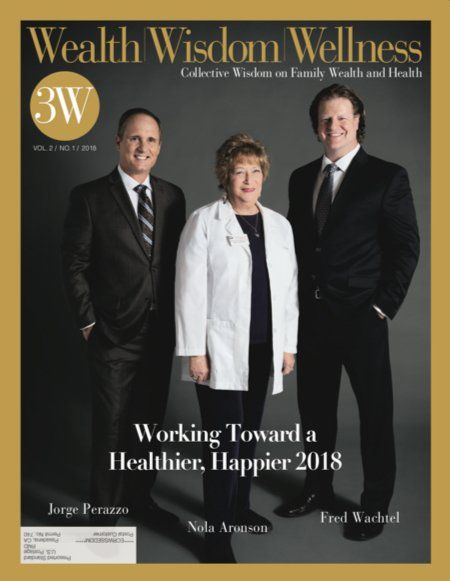How To Increase Your Child’s Employability at Graduation: Classes Alone Are Not Enough
From Issue #1
This is the time of year when college campuses around the country are welcoming their newly admitted students – all the happy high school seniors who got their acceptance letters and will soon be freshmen. They flock to campuses with their parents in tow, meet academic advisers, counselors, a few professors, and then tour the dorms and cafeteria with a more critical eye while thinking about roommates, fall class schedules, and extracurricular activities.
Back in the day, that would have been more than enough. But these days parents and their seniors have one more very important box to check – experiential learning. For most institutions, that means some form of an internship, co-op, or service learning. For nearly all, it’s becoming an increasingly important – and increasingly lengthy – part of the undergraduate student experience.
This came about as parents began scrutinizing the gap between theory and practice. It’s all well and good to be a philosophy major, but what will the student do upon graduation? The enormous expense of college has put some heft into the question. The belated realization, often in mid-senior year, that the student has no skills for the workplace besides flipping burgers, came as a stark realization for many. Thus campuses came under increasing pressure from students to connect their education to the real world.
There are a number of models, the most well-known of which is the internship – usually performed less than 40 hours a week and taken alongside classes. But in some universities that model has been overtaken by something more substantial. At Northeastern University in Boston, the co-op program alternates a semester of academic study with a semester of full time employment in a position related to the student’s major. Students do their first co-op in the second semester of sophomore year, and complete up to 3 co-ops in the course of a five year program. The co-ops tend to get more complex as the student advances. Parents may wince at a paying for five years for an undergraduate degree, but the results are impressive: 89% of Northeastern grads walk right into a fulltime job in their major.
Campuses have scrambled to restructure and set up experiential learning offices – connecting students with employers is a big commitment. Most offices have several staff who counsel students through the process, conduct employer outreach, resolve problems, and constantly expand the program.
Increasingly, experiential learning can be a global option – a “work abroad” alternative to the more traditional study abroad program. Universities across the U.S. have conquered barriers such as work permits, visas, and cultural gaps to give students a global co-op experience across a surprisingly broad range of countries. Some global co-ops offer a semester of intense language study followed by a semester of work experience, an approach more likely to result in practical application of the language.
Service learning – the idea of working in a volunteer capacity outside the classroom – can also develop a student’s future prowess in the workplace. Universities with a religious affiliation have been in the vanguard of these efforts and pride themselves on connecting students to communities. Such experiences can take place in neighborhoods alongside campus – or in distant states or foreign countries. The skills learned by giving service where there is true need can be as impressive for future employers as those acquired in a traditional workplace.
Research in higher education shows a correlation between students who pursue experiential learning and their employability upon graduation. This kind of learning can be especially important for students who major in the liberal arts where connections between study and work are less evident than for those who are finance or accounting majors.
Colleges abound with fabulous success stories: Internships at the statehouse, the mayor’s office, with members of Congress – and even the United Nations. But even those that don’t grab the top spot of the university webpage can be extraordinarily valuable, giving students insight and direction as they plan for what happens the day AFTER they graduate.
So, go ahead and celebrate your student’s acceptance, and have that joyful trip to the college that is offering a free bumper sticker for the back of your car. But make sure you leave time to stop by the co-op or internship office. Ask probing questions about co-op abroad, extended internships and placement records. Increasingly, this is how colleges will be judged.
Mary Thompson-Jones, Ed. D., is a professor of the practice and faculty director of the master’s program in Global Studies and International Relations at Northeastern University in Boston
Wealth Wisdom Wellness is published by CT3Media, Inc.
© Wealth | Wisdom | Wellness Magazine. All Rights Reserved.
ABOUT US
Wealth | Wisdom | Wellness is published by CT3Media, Inc.
© Wealth | Wisdom | Wellness Magazine. All Rights Reserved.




